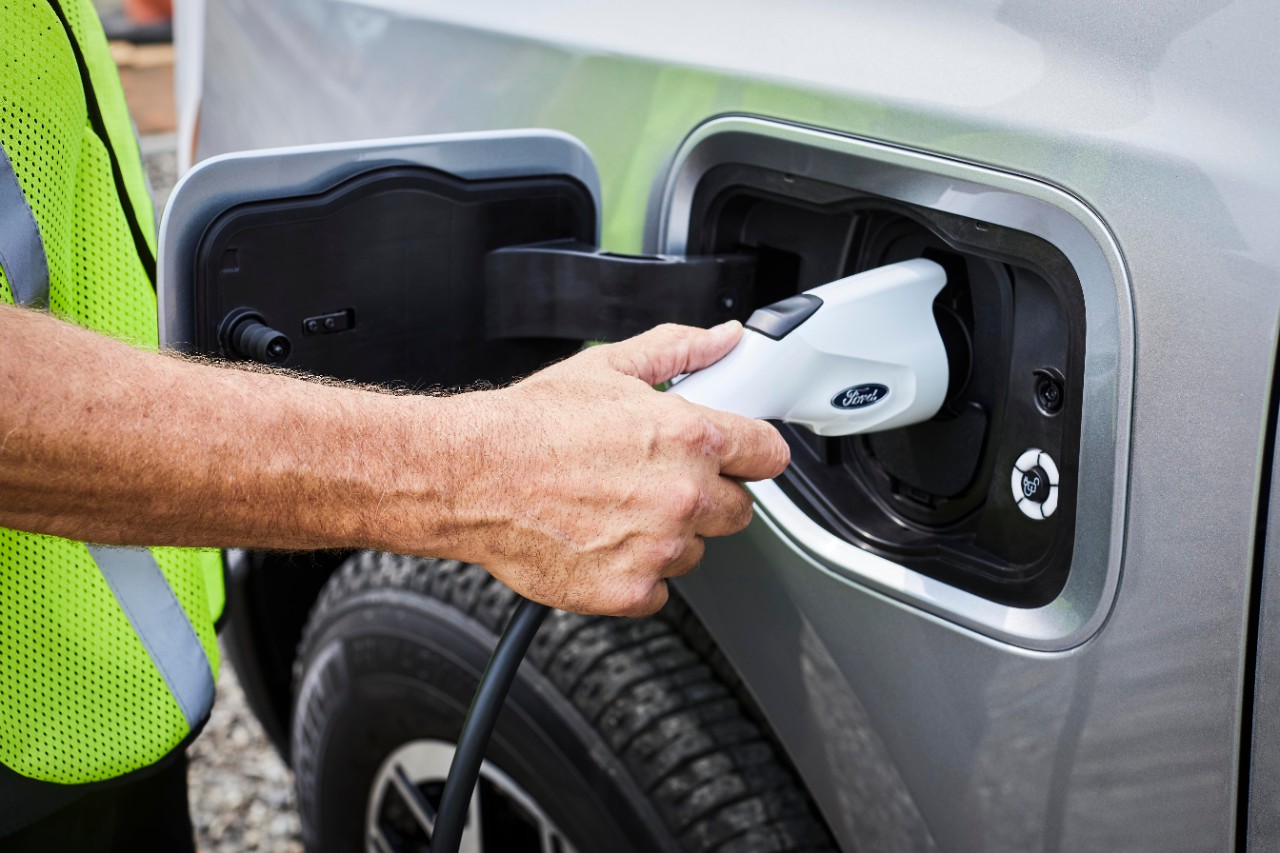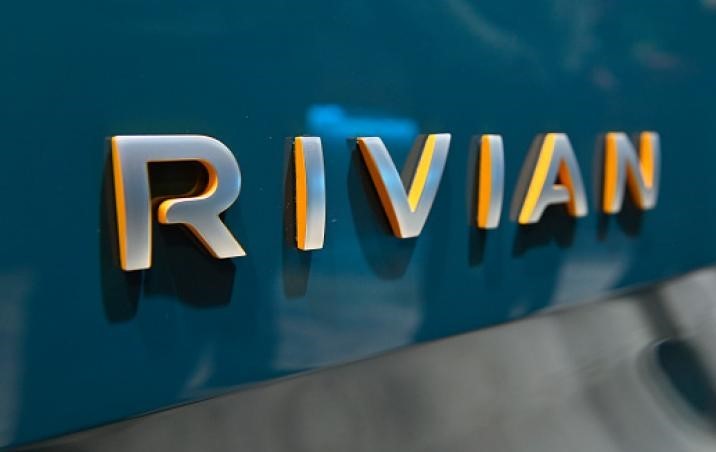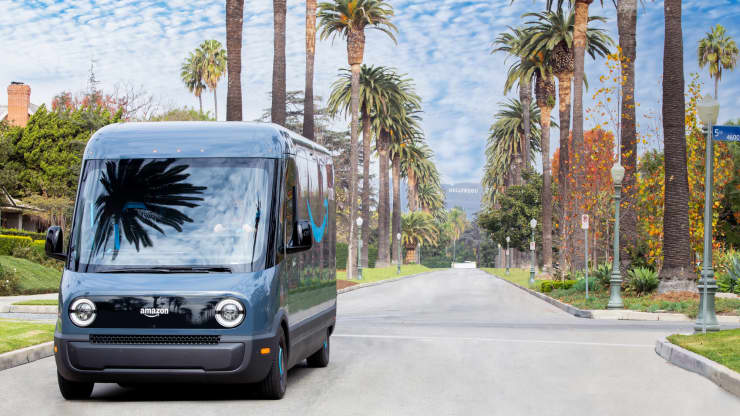Indonesia will offer tax incentives to electric vehicle (EV) manufacturers, including China’s BYD and GAC Aion, as well as French company Citroen, in a bid to strengthen its domestic EV production and sales. The incentives, which will take effect in January 2025, will include exemptions from import taxes and a reduced 15% rate on the local luxury sales tax (PPnBM), according to Indonesia’s Minister of Industry, Agus Gumiwang Kartasasmita.
The move is part of Indonesia’s broader strategy to establish itself as a production hub for electric vehicles in Southeast Asia. “This is in line with the government’s efforts to make Indonesia a key player in the ASEAN EV manufacturing sector,” Kartasasmita said during a press briefing on Monday.
Indonesia’s government has set ambitious targets to develop its EV industry, leveraging the country’s rich nickel reserves, which are vital for EV battery production. The nation has also been offering a range of incentives to attract global EV investments, including the opening of the country’s first EV battery plant by Hyundai and LG earlier this year. These efforts are part of a broader push to make Indonesia a leading player in the global EV supply chain.
As part of its commitment to building a local EV industry, Chinese EV giant BYD entered Indonesia in January 2024 with three models—Seal, Atto 3, and Dolphin—and plans to establish a plant in West Java, expected to begin production in 2026. The company is investing $1.3 billion in the country and aims to open up to 50 sales locations by the end of this year.
Meanwhile, GAC Aion, a subsidiary of the Chinese state-owned GAC Group, is also expanding into Indonesia, with a production facility in the works after the success of its Thailand plant. Local subsidiary Aion Indonesia aims to source at least 40% of its components from domestic suppliers by 2027, with a longer-term goal of reaching 80% local content.
Indonesia aims to produce 600,000 EVs by 2030, a substantial increase from the fewer than 6,000 EVs sold in the country during the first half of 2023. “At this moment, the price for EVs is about three-and-a-half times that of combustion engine cars,” said Noni Purnomo, president commissioner of Blue Bird, a local taxi company. However, she anticipates that the new BYD plant will help reduce the cost of EVs in the region significantly.








